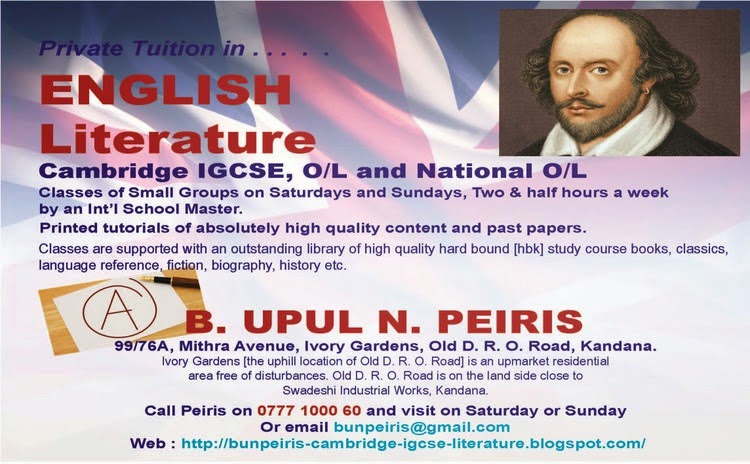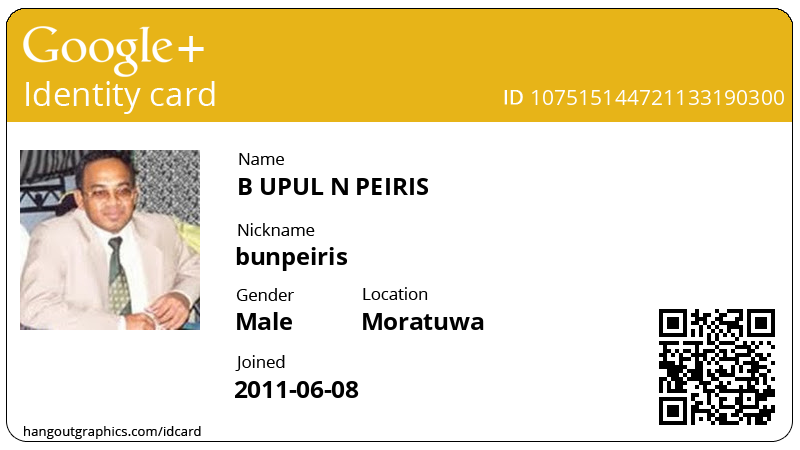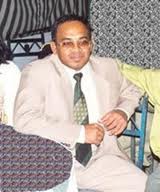Colonialists in British Ceylon; Robert Knox & The Bible; Joseph Stalin & The American church
IMAGE: Warrior King Rajasinghe the Second, (1629 – 1687), the third king of the kingdom of Kandy, Sri Lanka, who held a melange of Europeans captive (open air -closed kingdom prisoners) within the natural fortress of Kandy surrounded by hills and looped by River Mahawel Ganga; no way out.
I have never ceased to be amazed at the acute observation, precise analysis and sheer brilliance in writing brought to us by the multitude of British colonialists in British Ceylon (1796-1948). They weren’t professional writers: they were professionals from all walks of life: planters to soldiers; irrigation engineers to road builders. The descriptions of Ceylon, travel narratives, hunter’s stories, planter’s tales, biographical & semi autobiographical books narrated by the British in Ceylon and the Ceylonese British have now become colonial classics of Sri Lanka. Among the numerous publications, at the forefront are: An Account Of The Island Of Ceylon by Robert Percival, London, 1803; An Account of Interior of Ceylon by John Davy, London,1821; Eleven Years In Ceylon by Major Forbes, London,1840; Ceylon by James Emerson Tennent, London, 1859; The Wild Elephant by James Emerson Tennent, London, 1867 (dedicated to Major Thomas Skinner, the builder of Kandy Road); Ceylon by An Officer, Late of Ceylon Rifles,1876, London; Fifty years in Ceylon by Major Thomas Skinner, London, 1891; The Buried Cities of Ceylon by S. M. Burrows, London, 1905; Ancient Ceylon by H. Parker, London, 1909.
The serious students of English Language in Sri Lanka would do a world of good to themselves should they opt to read these classics since much could be derived from those works of prose in English Language. Furthermore it would open up opportunities to gain a wealth of knowledge of Colonial Sri Lanka.
Then again, In terms of learning English, one of the most fascinating lessons that can be learned by students of English in Sri Lanka comes not from those British colonialists, but from Robert Knox Jr.(1641 – 1720), who had been an open air captive in Kandy, Sri Lanka since 19 November 1659 for 19 years till his escape to England with Stephen Rutland, one of his companions in Kandy. Knox’s celebrated book “An Historical Relation of the Island Ceylon”, was written during the voyage back to England in 1680 and was published in the following year. Robert Knox Jr. was only 14 years of age in the beginning of his captivity in Ceylon. From where did his proficiency of English Language come from?
IMAGE: Katherine Frank has a theory, whichhas sent her foraging across oceans in quest of wild geese and red herrings.She believes that Daniel Defoe based Robinson Crusoe not on the lonely ordealof Alexander Selkirk, a cantankerous buccaneer dumped by his shipmates on anisland off Valparaiso in 1704, but on the mishaps of Robert Knox, a tradertaken captive by a native chieftain in Ceylon in 1660. Following Knox's trail,Frank even travelled to St Helena, where during the 1680s the accident-proneKnox was again captured (for a few days only, which hardly makes his experiencecomparable with the 28 years Crusoe spends on his island) while attempting tobuy a cargo of slaves.
IMAGE:A Sinhalese translation of Knox's Ceylon by Premachandra Alwishttp://www.lakehousebookshop.com/pdesc.php?id=88
Of course, there were other British captives in Kandy, the gateway to the Central Highlands and all of them were allowed to communicate and interact with one another. Hence Knox wouldn’t have lost fluency in English at all. But then Knox’s fascinating narration, in no way plays second fiddle to a literary work of an erudite man of letters. It is true, that historian and biographer John Strype, Knox's cousin, helped him to prepare the book for publication. But then again, John Strype wasn’t a co-author at all. In the circumstances we can only deduce that Knox must have been reading the centuries old Bible in English, left behind by the Portuguese (1505-1640) when they lost Fort of Colombo to the Dutch (1640-1796), that he laid his hands on soon after being taken captive, day after day for 19 years in Sri Lanka then called Ceylon.

Above is a historical novel written by a Sinhalese in Sri Lanka based on Knox's historical narrative.
IMAGE: White langur (not albinos).leaping in the canopy of UNESCO World Heritage Site of Sinharaja Forest, was discovered by Wildlife Conservation Society, Galle (WCSG). Robert Knox as well as James Emerson Tennent have made reference to White langur in Ceylon in their literary works.
IMAGE: A gentlewoman in Ceylon http://www.gutenberg.org/files/14346/14346-h/14346-h.htm
An Historical Relation Of the Island CEYLON, IN THE EAST-INDIES: TOGETHER,With an ACCOUNT of the Detaining in Captivity the AUTHOR and divers other Englishmen now Living there, and of the AUTHOR’S Miraculous ESCAPE. Illustratedwith Figures, and a Map of the ISLAND. By ROBERT KNOX, a Captive there near Twenty Years.LONDON, Printed by Richard Chiswell,Printer to the ROYAL SOCIETY, at the Rose and Crown inSt. Paul’s Church-yard,1681.
Had Knox developed a habit of reading the bible daily during his captive years in Sri Lanka Holidays Kandy? The answer could perhaps be found in the appreciation expressed by Knox at the sight of Bible. It must be given in his own words:-
“The sight indeed of this Bible so overjoyed me, as if an angel had spoken to me heaven; to see that my most gracious God had prepared such an extraordinary blessing for me, which I did, and ever shall, look upon as miraculous; to bring unto me a Bible in my own native language, and that in such a remote part of the world-where His name was not so much as known, and where any Englishman was never known to have been before. I looked upon it as somewhat of the nature with the ten Commandments He had given the Israelites out of heaven; it being the thing for what whereof I had so often mourned-nay, and shed tears too-and than the enjoyment whereof there could be no greater joy in the world to me.
Joseph Stalin (1878 -1953), the dictator of Soviet Russia (1922-1952), who discouraged practice of religions in his land, in the year 1943, while dispatching Andrei Gromyko (1909 – 1989) to the post of second-in-command at Soviet Embassy in U. S. A., advised him to attend the Sunday Service at Church during his tenor so that he could make rapid progress in learning English language further.
"Comrade Gromyko you should pay a visit or two to an American church and listen to their sermons. Priests usually speak correct English with good accents. Do you know that the Russian revolutionaries when they were abroad, always followed this practice to improve their skills in foreign languages?"
Gromyko never did. But then, the serious students of English Language in Sri Lanka ought to heed the advice of late Stalin to late Gromyko. After all, Christian sermons are free of charge.
Marginal Comments are written by bunpeiris.



















.jpg)























0 comments:
Post a Comment